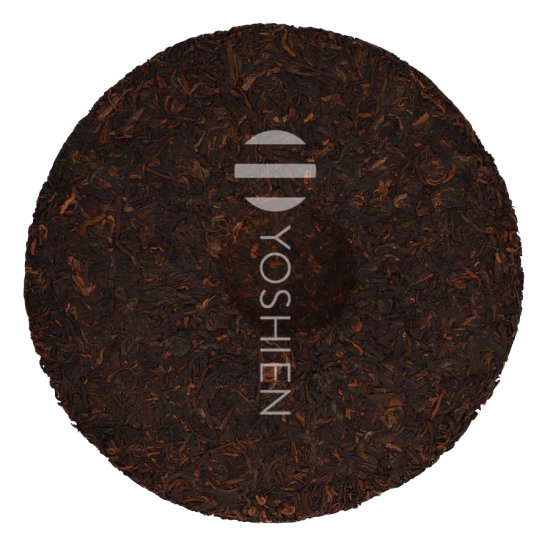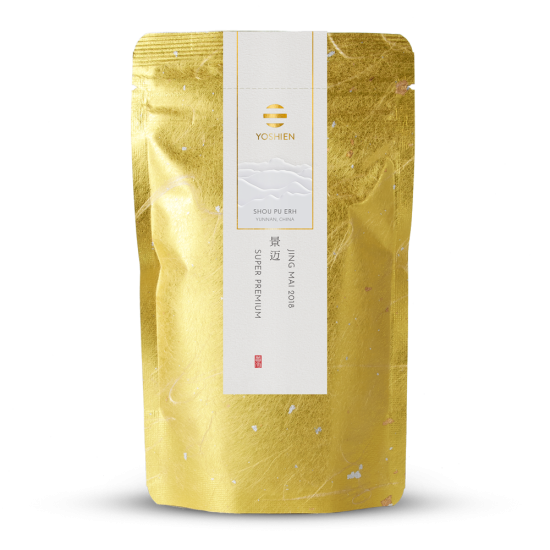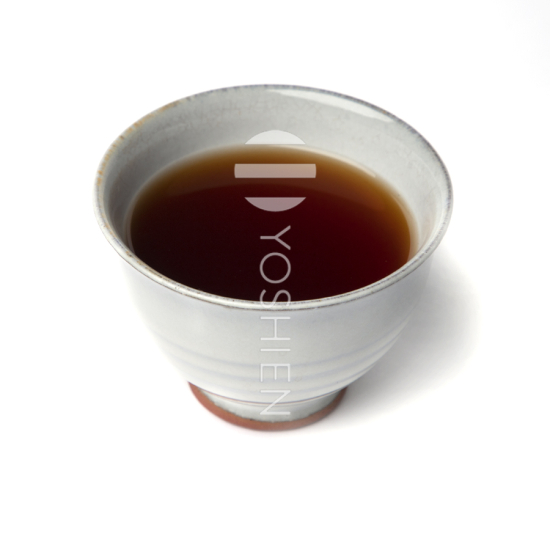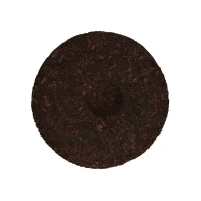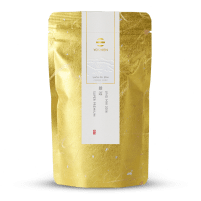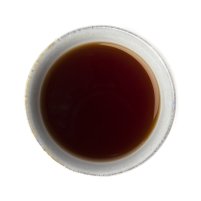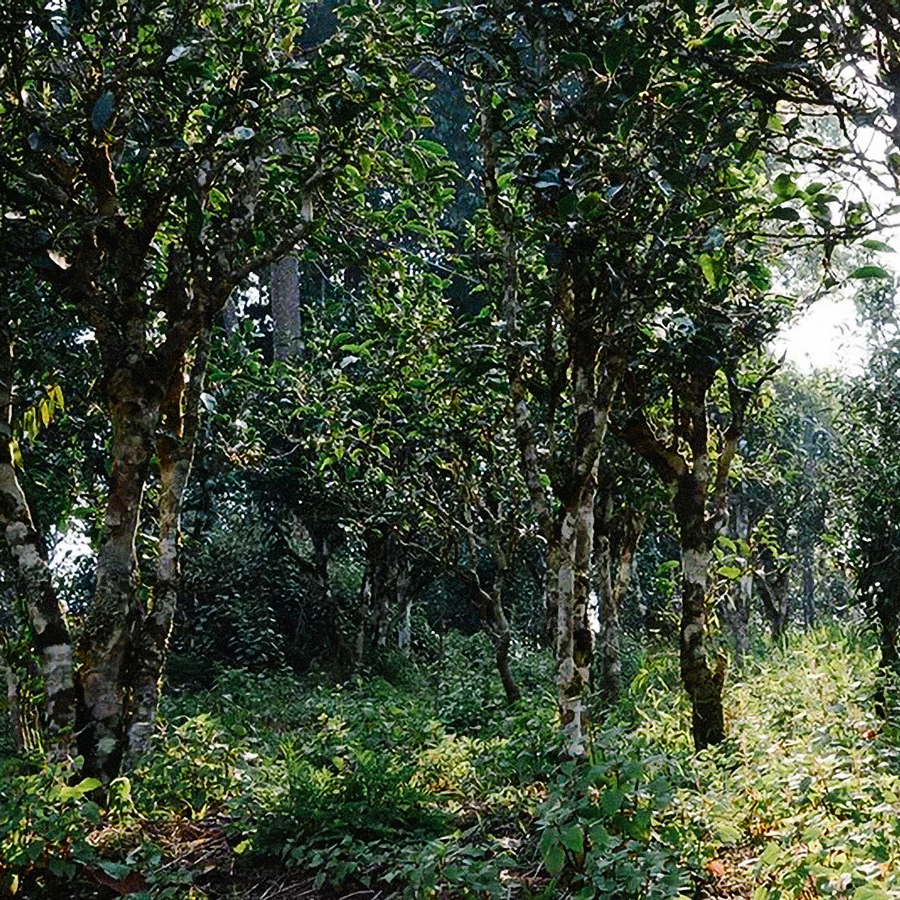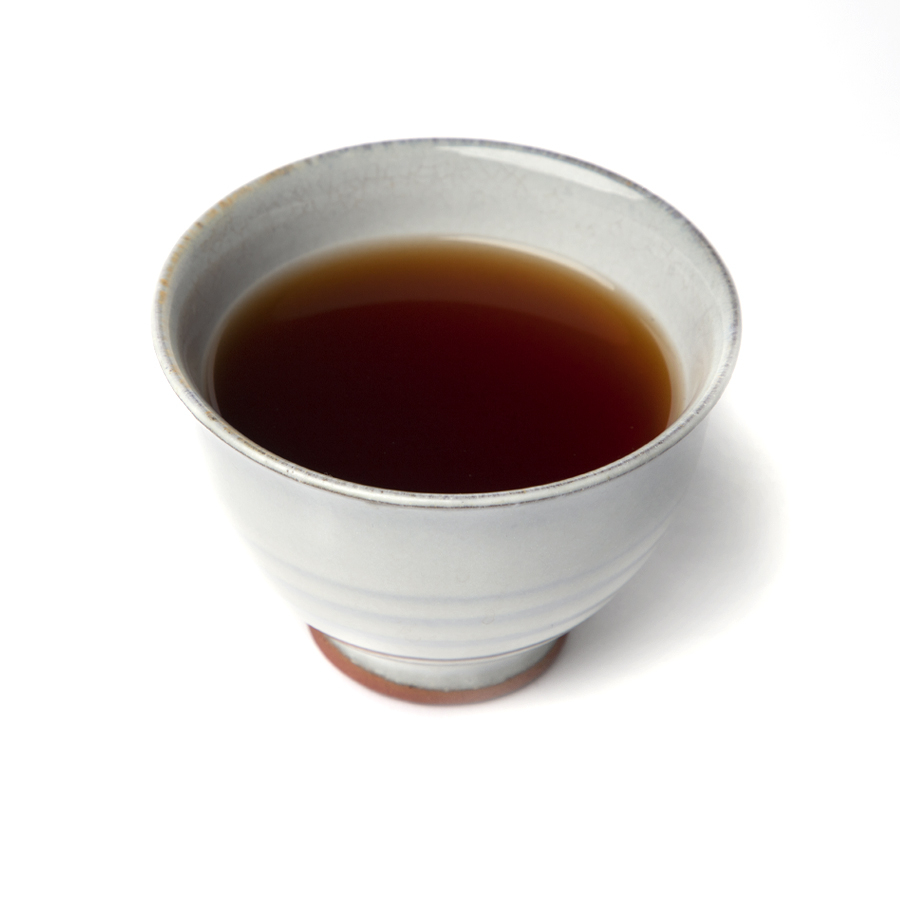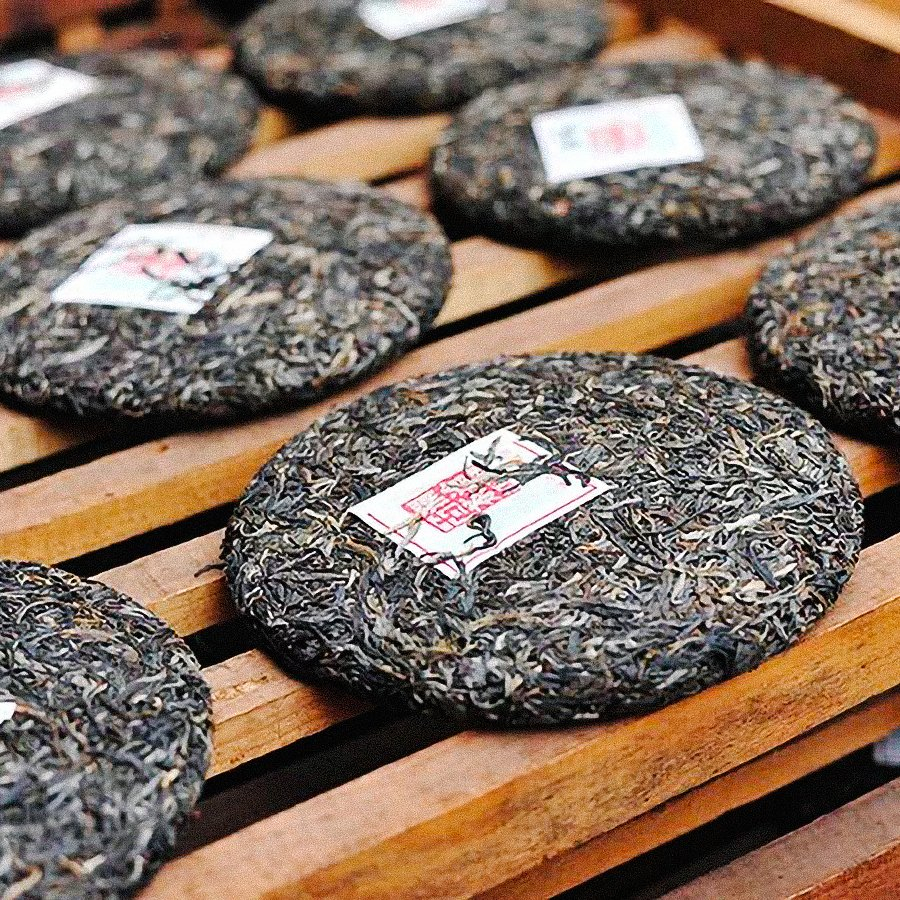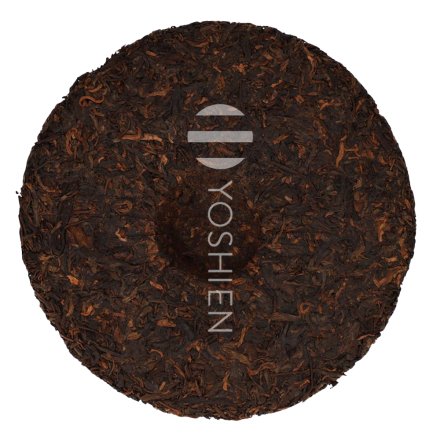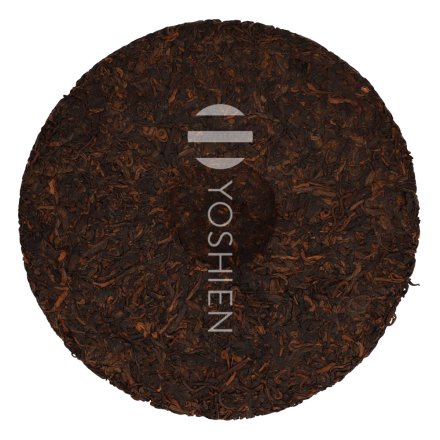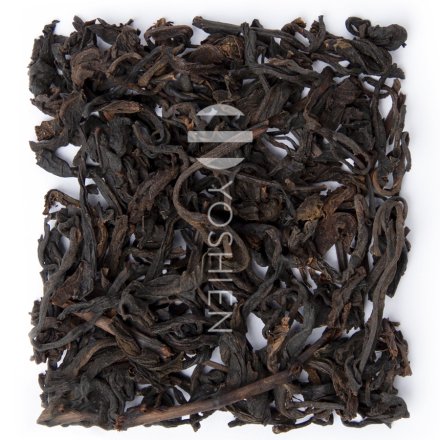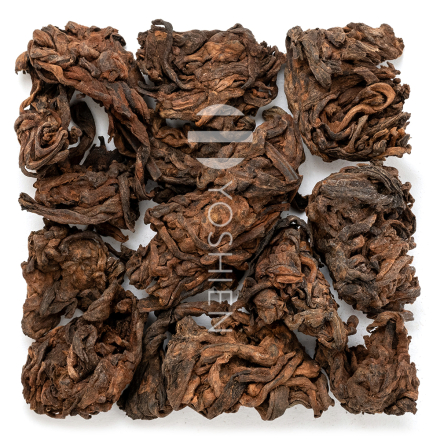The tea village on the edge of the Jing Mai Shan is located at a height of about 1600m. Almost every family living in the village is involved with tea in one way or another. In most cases, they are tea-producing families.
Jing Mai has been a tourist magnet not only since the beginning of the Pu Erh boom in the early years of the new millennium, but even before. The reason for this is the huge tea forest directly adjacent to the village, full of trees that are several hundred years old. One tree is said to be as old as 2000 years. The forest is located on a high plateau and can be easily accessed on foot. The local community of Jing Mai and now also the government ensure that this natural treasure is protected from disturbing influences.
Pu Erh from Jing Mai comes either from plantations of younger trees close to the forest or directly from the ancient trees of the forest.
Storage
Matured and stored in Guang Zhou, China, from the year of production in 2017 to 2018. Since 2018, matured under controlled conditions in Sunday Natural's Pu Erh warehouse in Berlin.
Centuries-old Pu Erh tea trees
The tea plants used for Pu Erh are autochthonous, particularly large-leaved and wild-cultivated plants. Unlike conventional tea plants, which are the most widespread in the world, the Pu Erh cultivar does not grow as a shrub, but as a tree and can become up to several thousand years old. In science and research, it is generally assumed that this cultivar is the origin of all tea and that all other existing tea plants are descended from it. The cultivar is native to the four-country region of China, Vietnam, Laos and Myanmar. The Chinese part is in the province of Yunnan. Since the first attempts at cultivating tea are most closely associated with the history of Yunnan, the people of Yunnan like to call their homeland the "cradle of all tea". In the tea forests of Yunnan, no two tea trees are alike, as each has a very individual growth habit and is overgrown with different moss and fungi cultures. As a result, each tree bears its "own" tea. The older the trees become, the more their roots penetrate into the earth and thus into particularly deep layers of rock. In this way, the trees can "fill up" on valuable minerals and trace elements, which are ultimately also found again in the leaves and buds. The buds and leaves of wild-growing, old tea trees are therefore considered particularly valuable and extremely sought after.




